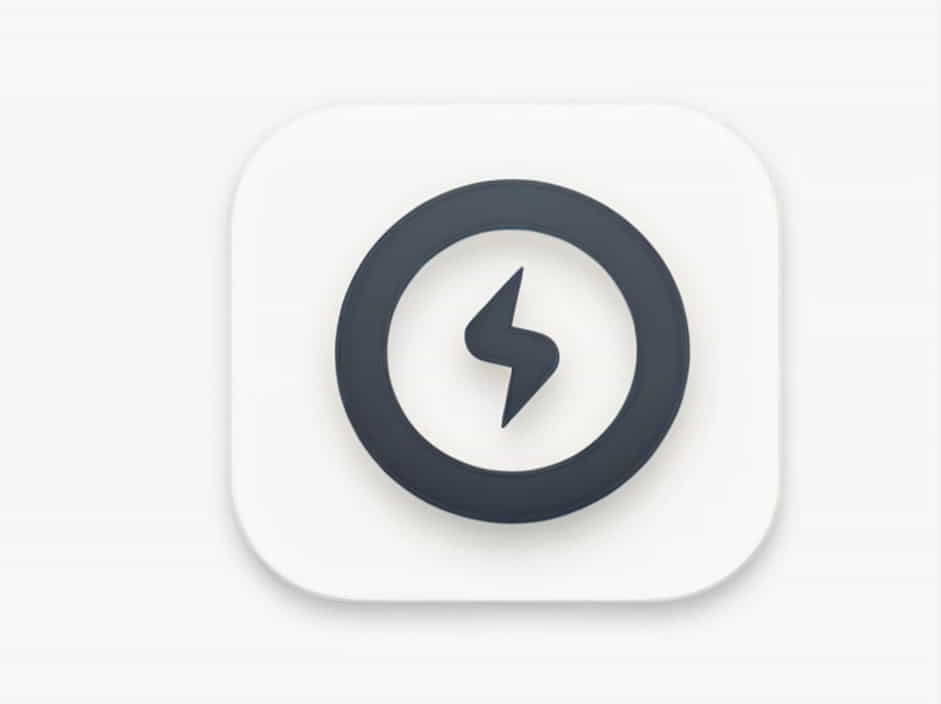The word swell is a versatile term in the English language. It can function as a noun, verb, or adjective, depending on the context. People use “swell” to describe physical expansion, rising waves, emotions, and even outdated slang for something excellent.
Understanding the different meanings of swell can help improve vocabulary and comprehension in both spoken and written English. This topic explores the various definitions, usage examples, and related phrases to clarify how swell is used in everyday language.
Definition of Swell
Swell as a Verb
As a verb, swell means to grow larger, expand, or increase in size. This can refer to physical growth, emotional intensification, or even an increase in numbers.
Examples:
- The balloon swelled as more air was pumped into it.
- His heart swelled with pride when he received the award.
- The crowd swelled to thousands as more people joined the protest.
Swell as a Noun
As a noun, swell refers to an increase in size, volume, or intensity. It is often used to describe ocean waves, rising emotions, or an increase in sound.
Examples:
- The ocean swell made it difficult for small boats to navigate.
- There was a swell of support for the new policy.
- A sudden swell in music made the scene more dramatic.
Swell as an Adjective
In informal or old-fashioned usage, swell can be an adjective meaning “excellent” or “great.” This meaning was more common in the early to mid-20th century but can still be heard in classic movies or older literature.
Examples:
- “That’s a swell idea!” said the excited young man.
- They had a swell time at the party.
Different Contexts of Swell
1. Swell in Medical Terms
Swell is commonly used in medical contexts to describe inflammation or an abnormal increase in body size due to injury or infection.
Example:
- His ankle swelled after he twisted it while running.
2. Swell in Oceanography
In oceanography, swell refers to long, rolling waves that have traveled far from their point of origin. These waves are different from choppy waves caused by local winds.
Example:
- The surfers waited for the right swell to catch a big wave.
3. Swell in Music
In music, swell refers to a gradual increase in sound, often used in orchestral or choral compositions to create dramatic effects.
Example:
- The orchestra played a beautiful swell before the climax of the piece.
4. Swell in Emotions
When emotions become stronger or more intense, people often describe them as swelling. This can apply to pride, anger, love, or sadness.
Example:
- A swell of happiness filled her heart when she saw her family after years of separation.
Common Phrases and Idioms with Swell
1. Swell Up
This phrase means to expand or become larger, often due to injury, emotion, or inflation.
Example:
- His eyes swelled up from crying all night.
2. Swell with Pride
This phrase means to feel a strong sense of pride or accomplishment.
Example:
- The coach swelled with pride when his team won the championship.
3. A Swell Time
An old-fashioned way of saying “a great time” or “a fun experience.”
Example:
- We had a swell time at the carnival.
4. Riding the Swell
This phrase is often used in surfing but can also mean going with the flow of a situation.
Example:
- The company is riding the swell of new technological advancements.
How to Use Swell in Everyday Conversation
Understanding the different meanings of swell allows for better communication. Here are some ways to use it in daily conversations:
- Medical context: “My finger is swelling up after the bee sting.”
- Emotional context: “I felt my heart swell with gratitude when she helped me.”
- Casual speech: “We had a swell time at the concert last night!”
- Describing waves: “The swell in the ocean is perfect for surfing today.”
The word swell is a flexible and widely used term in English. It can describe physical expansion, emotions, waves, music, and even be used as an old-fashioned compliment.
By understanding its various meanings and applications, you can enrich your vocabulary and communicate more effectively. Whether you’re describing an injury, expressing excitement, or talking about the ocean, swell is a valuable word to know.
